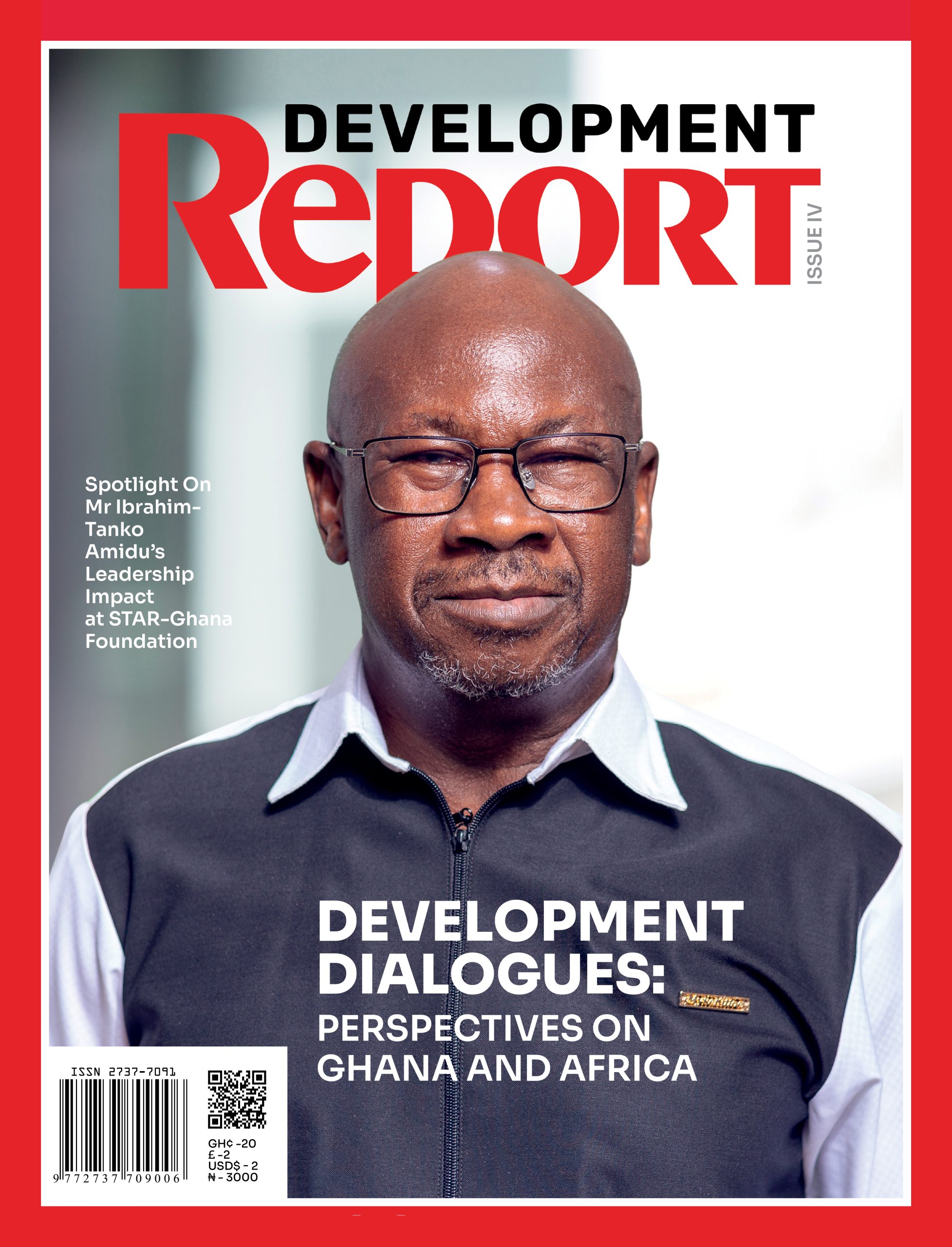Twenty-six years after the first President of Ghana, Dr. Kwame Nkrumah, was overthrown by a junta in 1966, internal and external pressures forced the military regime headed by Flt. Lt. Jerry John Rawlings to bend its reluctance towards democracy after 11 years of arbitrary rule. Before that, the country had crawled under a gloomy and patchy military dictatorship even though the country witnessed two short-lived democratic governments after Nkrumah was ousted.
This acceptance of democratic governance kick-started a series of activities by the regime to initiate processes for a general election to be held in November 1992. The Interim National Electoral Commission (INEC) was established to manage the electoral process.
In every democracy, the Election Management Body (EMB) assumes a crucial role, but in emerging democracies, their actions and inactions have a great potential to plunge a country back into violent conflict and undermine processes of stabilization.
The success of our fourth attempt at democratization is, therefore, contingent upon the acceptability of the electoral processes and election outcomes by the political players or stakeholders. In order for this to be achieved, the EMB must be seen as impartial and capable of carrying out its duties. Moreover, when the electoral machinery fails in its duty of facilitating free and fair elections, the repercussion is the destruction of the public’s faith in the whole concept of democratic governance.
Thus, electoral reforms, as well as the role of the EMB which in our case is the Electoral Commission (EC) is one that should be given optimal attention.
The focus of this article is to explore the major electoral reforms that have been instituted by Ghana’s Electoral Commission since the Fourth Republic was established by the 1992 Constitution.
Before we delve into the reforms introduced over the years, let’s make clear what electoral reforms are.
Electoral reform is a broad term that encompasses, among other things, the improvement of the nature of the electoral processes to meet public desires and expectations.
The only change which can be considered as reform is when it intends to foster and enhance the impartiality, inclusiveness, transparency, integrity, or accuracy of the electoral process.
To make this concept readily understandable, researchers have identified three distinct areas of electoral reform. These are namely; legal, administrative, and political electoral reforms.
Legal
In the context of legal electoral reforms, the reform begins with the amendment of the constitution, the electoral laws, or related regulations and rules to enhance the integrity and credibility of the electoral process. This could be a legal framework that overhauls the entire EMB institution or one done gradually to deliver its services adequately. However, it is important to note that, legal electoral reforms must be subjected to parliamentary scrutiny to prevent incumbency abuse. Issues bothering on the regulation of political broadcasting, and the public funding of party campaigns can also be resolved legally. Continue Here


